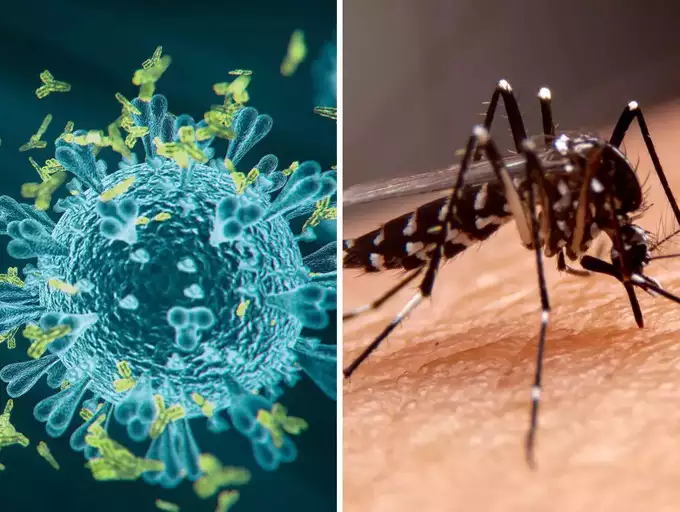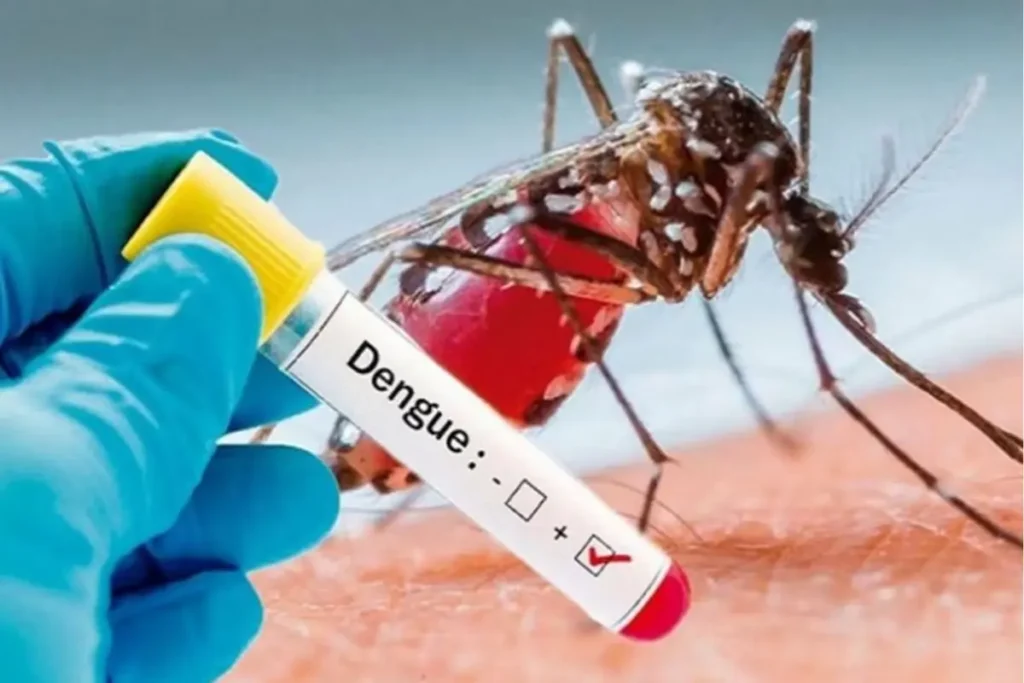New Delhi: The Municipal Corporation of Delhi (MCD) project to operate drones for spreading in mosquito breeding-prone sectors did not take off despite a trial run the previous week. The last time the MCD report was released on Monday, 105 new cases of dengue were reported during the last week. However, only 121 cases were reported in the whole month of July.
Mission Drone
Due to safeguarding reasons regarding Independence Day, the drone project has been stopped for a particular time, as mentioned by the official. We have made all preparations and aim to start the drive after August 15. Each drone is capable of carrying 30 liters of insecticide. With them, it will be possible to spray areas like lakes, canals, etc., where workers cannot reach. Focus is also on the sites close to the riverfront,” said the officials.
On August 1, the Public Health Department sprayed the anti-larvae mixture in Usmanpur via drone to target the sectors where maximum dengue cases had been reported in the previous week. With the addition of 105 recent reports, the total number of dengue cases reported in Delhi to date is 348 since 2019, of which 174 cases were reported in the previous year, 22 cases in 2021, 21 cases in 2020, and 47 cases in 2019.

Reason Behind Sudden Increase of Dengue
Officials mention that waterlogging in Delhi is the reason behind the rising number of Dengue cases in the Capital. Unless we get full-fledged support from ordinary people, it would be easier for the department to cover all areas. We request everybody to keep their surroundings/terrace free from waterlogging,” said the official.
Specialized Workforce
The number of malaria cases has also been seen in recent times, with the total number of cases reaching 85 compared to the previous year; there were only 35 cases in 2022, 25 in 2021, and 45 in 2020. According to an official statement, 13 cases have been reported in the last week. However, only one case of chikungunya was reported last week compared to the previous year’s patients, and it was only 15 cases reported in 2022 and 13 in 2021.
To tackle vector-borne diseases, MCD launched a campaign on Friday, which includes training and deployment of a specialized workforce, including ‘Asha workers’, ‘safai karamchari’, and ‘unemployed laborers’, to increase the efforts of 3,000 domestic breeding checkers.
“Every ward will now have a team of three dedicated nullah beldars and three safai karamcharis, who have been trained to identify and eliminate potential breeding grounds for disease-carrying vectors”, said the official.





